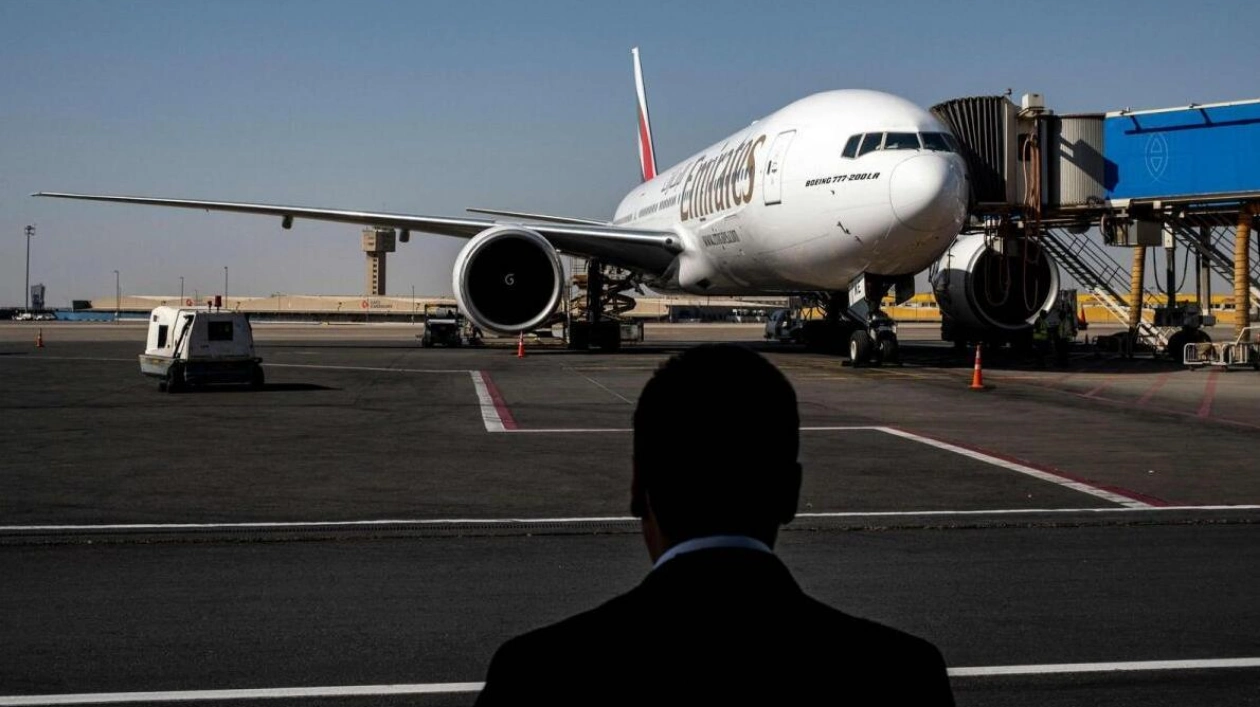Egypt's Ministry of Civil Aviation has revealed its intention to delegate the management and operations of airports to the private sector, in line with the government's broader strategy to enhance private sector participation in the economy.
In a recent communication to the cabinet's media office, the ministry emphasized that the private sector is ideally suited to efficiently manage and operate airport facilities. This move is anticipated to draw additional investments into the aviation industry and optimize its economic benefits, while refuting claims of selling airports to foreign interests.
The statement, issued through the State Information Service, clarified that "Egyptian airports remain wholly state-owned and under Egyptian sovereignty." The ministry's strategy includes enhancing infrastructure, implementing advanced security measures, expanding airline connectivity, and supporting budget airlines to boost airport efficiency and capacity.
In the last two years, the Egyptian government has implemented steps to lessen its role in multiple sectors, including transportation, following the State Ownership Policy Document endorsed by President Abdel-Fattah Al Sisi in late 2022. This policy aims to increase the private sector's contribution to the economy to 65% within a few years.
Prime Minister Mostafa Madbouly announced last year the plan to privatize airport management, engaging with over 20 companies from the transportation, logistics, and maritime sectors. Passenger traffic at Egyptian airports increased by 28% in 2023, totaling nearly 47 million passengers, with a 23% rise in flights to 365,000.
Cairo International Airport, the main hub, accommodated over 26 million passengers via 198,000 flights. Tourist hotspots Hurghada and Sharm El-Sheikh saw 8.7 million and 5.9 million visitors, respectively, while Borg El Arab International Airport served over two million travelers.
Egypt welcomed a record 7.069 million tourists from January to June 2024, up from 7.062 million in the same period in 2023. The country aims to draw 30 million tourists by 2028.






